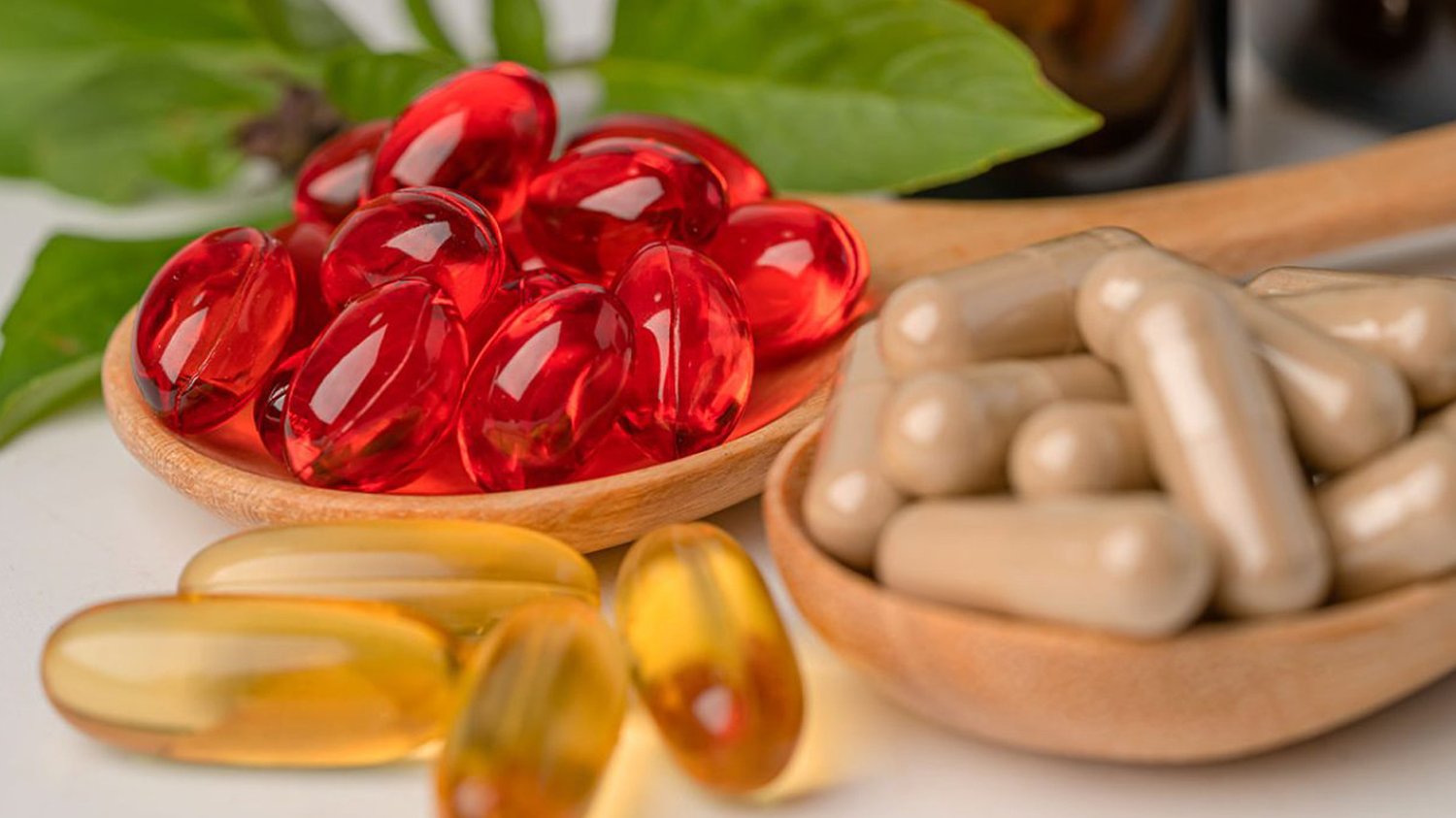Fisetin powder and quercetin powder are both flavonoids, compounds widely found in fruits and vegetables known for their antioxidant and anti-inflammatory properties. Despite these similarities, they differ in chemical structure, mechanisms of action, and specific health benefits. In this article, we will explore difference between them in all aspects.
What is Fisetin
It is a natural flavonoid compound that was first isolated and extracted from sumac in 1833. It has antioxidant, anti-inflammatory, anti-tumor, anti-aging and other effects.
Fisetin Structure
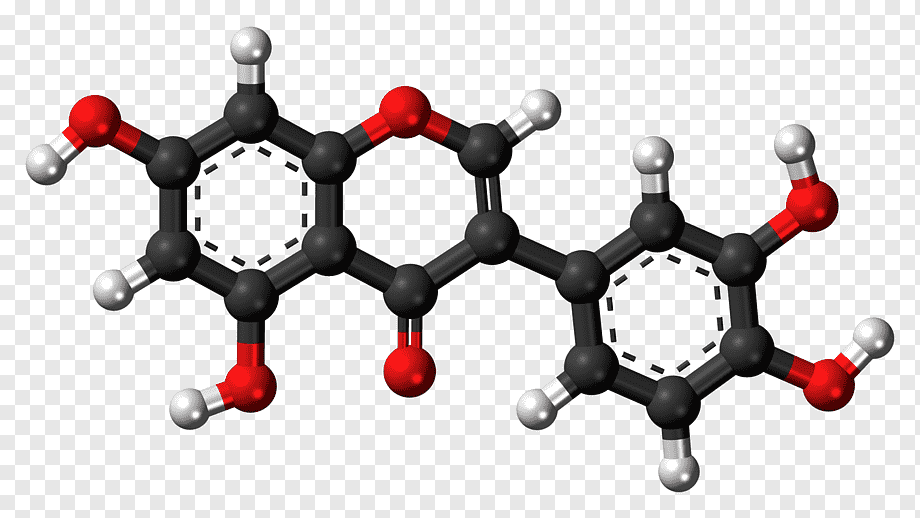
What is Quercetin
Quercetin is a naturally occurring plant pigment that is a flavonoid compound. These compounds are known for their antioxidant properties and are found in many fruits, vegetables, leaves, seeds, and grains.
Quercetin is one of the most abundant flavonoids in the diet and has a variety of potential health benefits.
Quercetin Structure
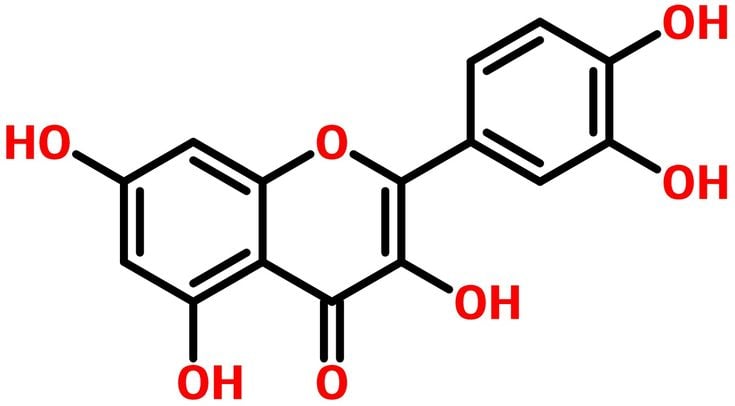
Quercetin and Fisetin Stability Comparison
Fisetin Stability
Fisetin, also known as flavonol, is a yellow crystalline powder, easily soluble in organic solvents such as ethanol and ether, and slightly soluble in water. Its stability is affected by many factors, including light, temperature, pH value, oxidants, etc.
Light stability: Fisetin is sensitive to light and is prone to photochemical reactions when exposed to light for a long time, leading to degradation of the compound. Therefore, during storage and use, direct sunlight should be avoided and conducted under light-proof conditions as much as possible.
Temperature stability: Fisetin is prone to thermal decomposition under high temperature conditions, reducing its stability and biological activity. Therefore, during storage and transportation, the temperature should be controlled within a certain range to avoid excessively high or low temperatures.
PH Stability: Fisetin is relatively stable under acidic conditions, but is prone to hydrolysis reactions under alkaline conditions, leading to compound degradation. Therefore, during use, attention should be paid to controlling the pH value of the solution to avoid too high or too low pH value.
Oxidant Stability: Fisetin powder is sensitive to oxidants and is easily oxidized and loses its biological activity. Therefore, during storage and use, contact with oxidants should be avoided to reduce the impact of oxidants on its stability.
Quercetin Stability
Quercetin, also known as quercetol, is a yellow crystalline powder that is readily soluble in organic solvents such as ethanol and acetone, but only slightly soluble in water. Similar to fisetin, the stability of quercetin is influenced by several factors:
Light Stability: Quercetin is sensitive to light and can undergo photochemical reactions when exposed to light for extended periods, leading to the degradation of the compound. Therefore, it should be stored and used away from direct sunlight to maintain its stability.
Temperature Stability: Quercetin is prone to thermal decomposition at high temperatures, which reduces its stability and bioactivity. Thus, controlling the temperature during storage and transportation is important to preserve its efficacy.
pH Stability: Unlike fisetin, quercetin is more prone to hydrolysis in acidic conditions, while it remains relatively stable in alkaline conditions. It is important to avoid acidic environments during its use to prevent degradation.
Oxidant Stability: Quercetin is also sensitive to oxidizing agents and can easily be oxidized, losing its bioactivity. It should be stored and used in environments where contact with oxidizing agents is minimized.
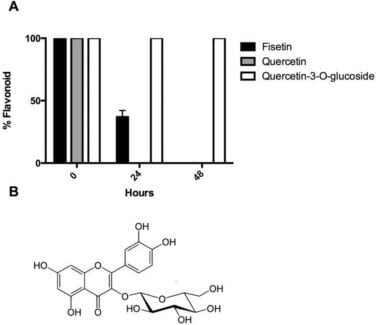
Through the analysis of the stability of fisetin and quercetin, we can see that there are certain differences in stability between the two.
In terms of light stability, both are sensitive to light, but quercetin may be more sensitive than fisetin;
In terms of temperature stability, both are susceptible to thermal decomposition, but fisetin may be more sensitive than quercetin;
In terms of pH stability, the two show opposite trends. Fisetin is more stable under acidic conditions, while quercetin is more stable under alkaline conditions. In terms of oxidant stability, both are sensitive to oxidants.
But they may vary depending on specific conditions.
Quercetin Benefits
Antioxidant and Anti-inflammatory Effects
Quercetin is highly effective in neutralizing free radicals and reducing inflammation, making it beneficial for cardiovascular health and reducing the risk of chronic diseases such as heart disease and cancer
Allergy Relieve
Quercetin is often used for its ability to block histamine release, providing relief from allergy symptoms
Support for Exercise and Endurance
It has been shown to improve exercise capacity and endurance, likely due to its effects on reducing oxidative stress and inflammation.
Neuroprotection
Quercetin can protect against neurodegenerative diseases by reducing inflammation and oxidative stress in the brain.
Fisetin Benefits
Anti-aging Properties
Fisetin is recognized for its ability to clear senescent cells, which are cells that have stopped dividing and contribute to aging and age-related diseases. This property is unique to fisetin among
Neuroprotection and Brain Health
Fisetin helps protect neurons, supports brain function, and may improve memory and cognitive function. It also activates specific pathways like the NRF2, which helps in managing oxidative stress.
Cancer Prevention
Fisetin exhibits strong anticancer properties by inducing cell death in cancer cells and preventing DNA damage. It is particularly effective against certain types of cancer cells compared to quercetin
Metabolic and Cardiovascular Benefits
It has antidiabetic effects by improving blood sugar control and protecting the heart from inflammation and oxidative stress.
Comparative Analysis
While both fisetin powder and quercetin offer impressive health benefits, they cater to slightly different health needs. Fisetin's role in anti-aging and clearing senescent cells and makes it a powerful compound for longevity and brain health. Quercetin, on the other hand, is more widely recognized for its broad-spectrum effects, including allergy relief and cardiovascular protection.
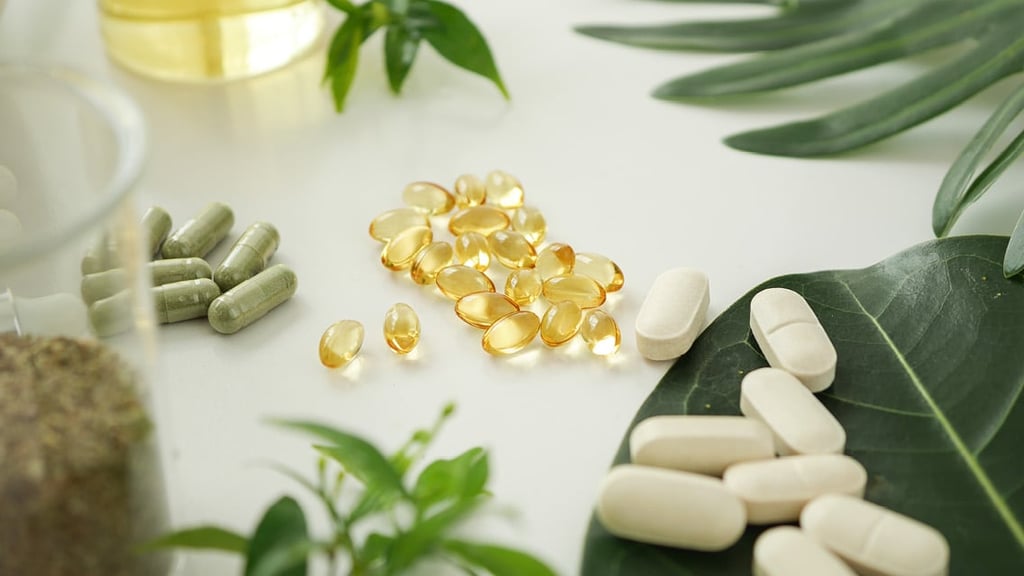
Quercetin and Fisetin Safety and Dosage Considerations
The appropriate dosage of quercetin and fisetin can vary based on individual health needs, the specific health conditions being targeted, and the formulations of the supplements. It's always best to consult with a healthcare provider before starting any new supplement regimen. Below are general guidelines for the dosage of quercetin and fisetin powder:
Quercetin Dosage
General Use: For general antioxidant and anti-inflammatory support, a common dosage of quercetin ranges from 500~ 1,000 mg per day, often divided into two doses.
Allergy Relief: For allergy relief, dosages may be higher, often around 1,000 mg taken two to three times per day, especially during allergy season.
Bioavailability Enhancements: Quercetin is often taken with vitamin C or bromelain to improve its absorption and effectiveness. Bromelain may also enhance its anti-inflammatory effect.
Fisetin Dosage
General Use: For general health support, fisetin powder is often taken in doses of 100 to 500 mg per day. The bioavailability of fisetin is generally higher than quercetin, so lower doses may still be effective.
Cognitive and Anti-aging Benefits: Some studies have used doses up to 100 mg/kg in animal studies, but for humans, a conservative dose around 100 to 300 mg daily is often recommended for its neuroprotective and anti-aging effects.
Combination with Other Supplements: Fisetin is sometimes taken with other flavonoids and antioxidants to potentially enhance its benefits.
Safety and Precautions
Consultation with Healthcare Providers: Always consult a healthcare provider before starting quercetin or fisetin supplements, especially if you are pregnant, nursing, or have any underlying health conditions.
Potential Interactions: Both quercetin and fisetin can interact with certain medications, such as blood thinners and chemotherapy agents. Therefore, professional guidance is important.
Side Effects
While generally well-tolerated, high doses of quercetin might cause headaches or tingling sensations. Fisetin is considered to have a lower risk of side effect.
Conclusion
In summary, while fisetin and quercetin share some overlapping benefits, their distinct properties make them valuable for different aspects of health. Fisetin excels in its anti-aging capabilities and neuroprotection, while quercetin is praised for its broad antioxidant effects and allergy relief. Together, they could potentially offer synergistic benefits when incorporated into a comprehensive health regimen.
Which supplement to choose depends on your physical condition and doctor’s recommendations. Please contact us email: [email protected] if you want more information about fisetin powder.

